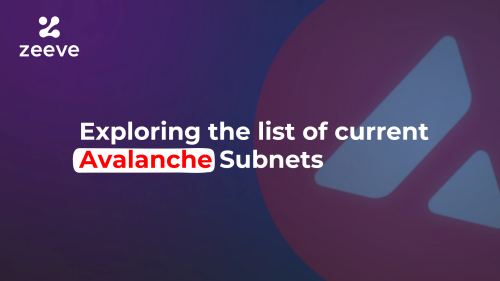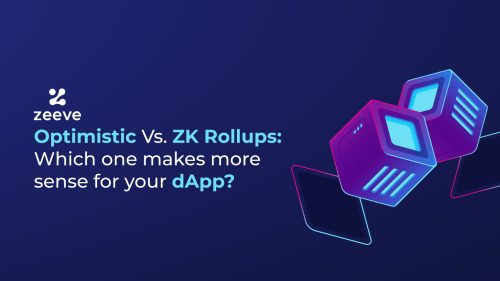Enforcing Sanctions in the Age of Cryptocurrency
Economic sanctions can be crippling both against individuals and a country. While they are often severe the question that we must ask is; can they be enforced? The larger and more public sanctions are easier to monitor, as you can always spot for example, an oil tanker at sea ferrying illegal oil. However, what about the less transparent and verifiable sanctions? In other words, sanctions that are more difficult if not impossible to verify? Are there even such a things as sanctions that are not verifiable? Absolutely, for in today’s world of modern cryptocurrency, stealth and confidentiality are the keywords to advances since the time of bitcoins original launch.
Bitcoin was originally thought to be anonymous and untraceable, however sending and receiving bitcoins is only like being a ghost writer. For in the end you are merely an alias, instead of a true identity. Everything linked to the identity used by the individual acting as an alias, can ultimately be tracked back and inked to that alias. Thus, it is very difficult to identify the true identity of any individual, should they not want to be found. Per our example, in the world of Bitcoin, a person’s alias is the address that you either send bitcoin from or receive it at. Once that address and transaction are verified, they are permanently inscribed as an alias on the blockchain. Thus the anonymity. However, if an alias’s address is ever linked to a person’s true identity, every transaction will be linked to that person. As of today, there is already software on the market and companies that can follow the origination and addresses of blockchains, thus, discovering who holds the wallets that bitcoins are stored within. As you can see, what was once deemed anonymous is merely pseudo-anonymous today.
On the other end of the spectrum, there are crypto currencies that are significantly more secure, and thus more problematic when it comes to enforcing sanctions. Monero is one such currency, as it uses ring signatures, confidential transactions, and stealth addresses to obscure the origins, and destinations of all transactions. Accordingly, Moreno on their website state that they “provide all the benefits of a decentralized cryptocurrency, without any of the typical privacy concessions.” If this continues to remain true, than Monero will undoubtedly be used to undermine the enforcement of individual sanctions, as transactions and the holding of such currencies would be untraceable. Furthermore, Monero transactions on its blockchain can not be linked to a particular user or legitimate identity, thereby enforcement of sanctions are impossible.
Additionally, another crypto currency allows for a similar level of obscurity and it is Zcash. Zcash transactions like bitcoin posts data to a public blockchain; however unlike bitcoin, Zcash ensures a person’s personal and transactional data through Zero-knowledge proofs. A Zero-knowledge proof is a cryptographic method by which one party can prove to another party that they know a value of “x,” without conveying any information apart from the fact that they know that same “x” value. Thus allowing transactions to be verified without revealing the sender, receiver or transaction amount. In essence, the entirety of the transaction is anonymous. Consequently, Zcash is another currency that affords a person the opportunity to bypass of sanctions both on a smaller and larger scale.
The third example of cryptocurrencies that has the capability to circumvent the effectiveness of sanctions is Verge. Verge (XVG) according to its own website “uses multiple anonymity-centric networks such as TOR and I2P.” Thus allowing a user’s IP address to be obscured and untraceable. Their Core QT wallet is built with both SSL encryption and TOR integrations, thus adding an additional level of security. In the future once developed, Verge’s Dual-Key Stealth Addressing and f Ring Confidential Transactionsenable technology will allow for payments to be processed even more privately and hence harder to trace.
As we can see, modern day cryptocurrencies are becoming more technologically advanced and as a result much harder to track. While bitcoin, might at one point have been considered the safest and most anonymous way to obfuscate transactions, this is not the case anymore. In today’s economy bitcoin, is being seen more as an investment while currencies like Moreno are being used for transactional partnerships and dealings between two sides that require the need for anonymity. Consequently, this anonymity can also be corrupted for illegal use, as their transactions are nearly impossible to trace. This fact, allows individuals and countries with enough technological knowledge to sidestep sanctions and continue their buying and selling without great fanfare. Accordingly, sanctions will never truly be enforceable.
***This post is taken from an article that I wrote for Medium and Hackernoon





Responses